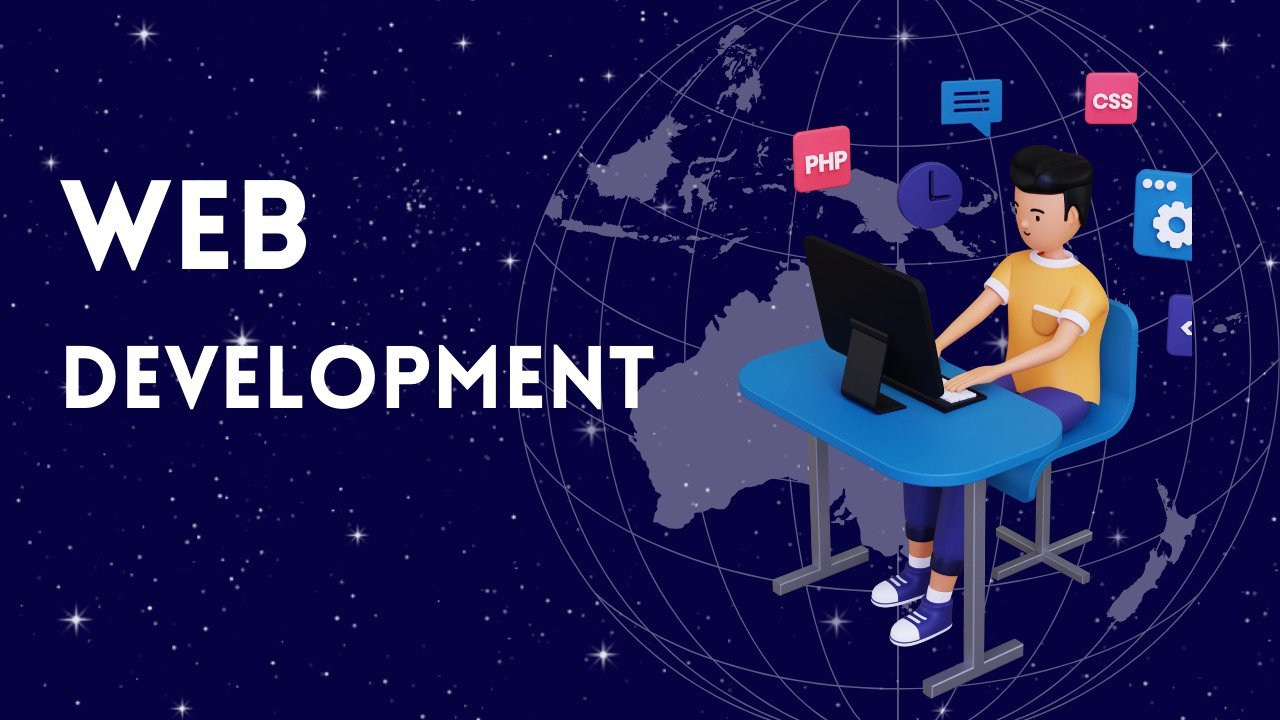Building a strong online presence today is essential for business growth. Your website is the heart of this presence, representing your brand and driving revenue. Choosing the best web development company is critical to creating a website that is visually stunning, fully functional, and scalable for future growth. This guide will walk you through the key steps needed to select a web development partner that meets your business objectives and technical needs.
Clarify Your Web Development Goals
Start by clearly defining the purpose and goals of your website. Are you launching an e-commerce store, showcasing a portfolio, or providing informative content? Knowing your objectives helps set the foundation for your project. Next, list essential features your site needs, such as mobile responsiveness, content management systems (CMS), e-commerce capabilities, or custom web applications specific to your industry. Finally, consider future scalability—ensure your development partner can adapt your website as your business grows, adding new functionalities or handling increased traffic.
Find Potential Web Development Partners
Research is the first step in finding the right web development company. Look for firms with a proven history and diverse portfolio of projects that demonstrate versatility and creativity. Focus on companies that offer cost-effective pricing models, like flexible hourly rates, which provide reliability over freelancers or less stable in-house teams. For instance, companies like Scopic are recognized for balancing affordability and quality service.
Evaluate Experience and Expertise
Beyond years in business, a company’s experience should span multiple industries, proving they can tailor solutions to your market. A partner who also understands marketing strategies can significantly boost your website’s effectiveness. Dive into their portfolio to review their design aesthetics and technical skills, and examine case studies that highlight how they solved real client challenges, ensuring their approach aligns with your vision.
Review Client Feedback and Reputation
Client testimonials are invaluable when narrowing your options. Explore third-party review platforms such as Clutch, GoodFirms, Guru, and DesignRush to verify the company’s performance and reliability. Look for verified businesses with high ratings and detailed feedback. When possible, reach out directly to past clients to gain insight into their satisfaction and the company’s communication and delivery consistency.
Prioritize Clear Communication
Successful web development demands excellent communication. Early interactions, from consultations to proposal reviews, reveal how responsive and transparent a company is. Choose partners who listen carefully, respond promptly, and clearly understand your goals. Open lines of communication help avoid misunderstandings and keep the project on track.
Assess Technology Tools and Team Composition
Ensure the company uses current technologies and frameworks relevant to your project. Whether you prefer ReactJS, Python, Ruby, or PHP, the partner should be proficient in your chosen stack. Also, review the team structure: skilled front-end developers for polished design, back-end developers for robust functionality, QA testers for error-free performance, UI/UX designers to optimize user experience, and digital marketers to enhance online visibility. In today’s market, familiarity with AI-driven development tools is a significant plus.
Understand Project Management and Timeline
A clear project management approach is essential. Confirm the company provides a detailed timeline with milestones for development, testing, and deployment phases. Regular progress updates should be standard to ensure transparency and timely adjustments. A disciplined process reduces risks and delays.
Balance Budget and Quality
While budget is important, quality should never be compromised. Request comprehensive quotes and compare pricing models, ensuring alignment with your financial limits. Companies like Scopic are known for transparent pricing combined with superior quality. Understanding the cost-to-value ratio helps make a sound investment decision.
Evaluate Post-Launch Support and Maintenance
Websites require ongoing care beyond launch. Discuss the company’s policies for updates, maintenance, and troubleshooting. Reliable post-launch support ensures your site remains secure, functional, and up to date as technology and business needs evolve.
Legal and Contractual Considerations
Before signing any agreements, review contracts carefully for payment terms, intellectual property rights, and project scope. Clarify ownership of the final website and request legal advice if necessary. Clear contracts protect your interests and set expectations.
Conclusion
Choosing the right web development company is pivotal to your brand’s online success. Your website is not just a digital presence but a strategic business tool. By following these detailed steps—from defining goals to legal vetting—you can select a partner who combines technical expertise with a shared vision for your growth. Rankaspect helps businesses make this crucial choice easier by providing expert web development services tailored to long-term success. Invest wisely in your digital future with Rankaspect.com.
FAQs About Choosing a Web Development Company
Q1: Why is defining web development goals important?
Defining your goals clarifies what you want your website to achieve, guiding technology choices and project scope, and ensuring the final product meets your business needs.
Q2: What should I look for in a portfolio?
Look for design diversity, industry relevance, usability features, and evidence of problem-solving in past projects. Portfolios with live links and detailed case studies are ideal.
Q3: How important is client feedback?
Client feedback is very important. Reviews and testimonials reveal reliability, quality, and client satisfaction, helping you avoid companies with poor track records.
Q4: What technologies should a modern web development company know?
A modern web development company should be skilled in popular frameworks like ReactJS, Angular, Vue.js, backend platforms like Node.js, Python, PHP, and CMS platforms like WordPress or Shopify, along with emerging AI tools.
Q5: How do I ensure good communication with my web developer?
Assess their responsiveness during initial contacts, use regular meetings, project management tools, and clear documentation to maintain transparency throughout the project.
Q6: What does post-launch support include?
Post-launch support includes ongoing website updates, security patches, troubleshooting, and performance optimizations to keep your site running smoothly and securely.





Comments are closed